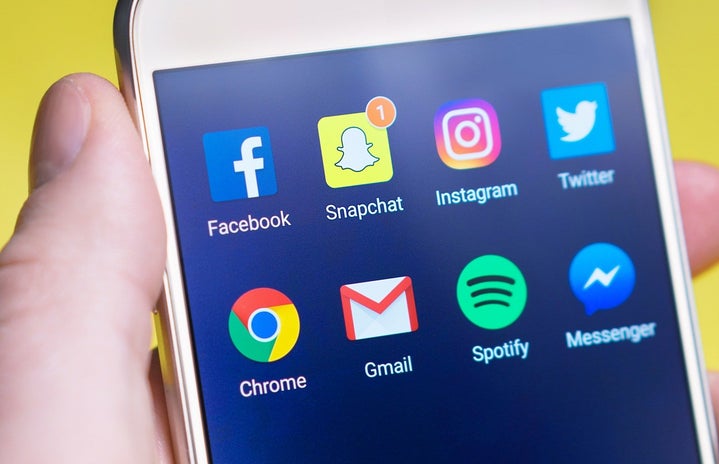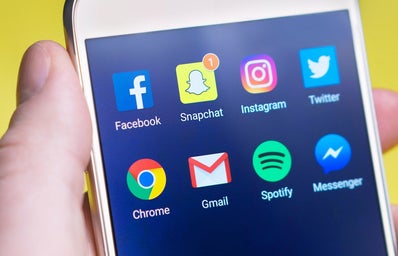After a year where everything was cancelled from concerts to festivals and even the year itself, cancelling people has become the biggest phenomenon.
Cancel culture is defined as the popular practice of withdrawing support for public figures and companies after they have done something that is considered objectionable or offensive. This is generally performed on social media in the form of collective shunning.
The idea of cancelling is revolutionary. It gives people, often the victims who are most affected and usually silenced, the power to publicly address and boycott public figures with offensive or harmful ideologies. In the past these individuals were shielded from criticism by their status or privilege.
If we think of justice as righting wrongs, then cancel culture appears to want to do just that. Activism needs many voices in order to be heard and online activism is no different. Thousands of people coming together to stand for what’s right is a great thing and it is often the only way true change can occur.
Recently however, cancel culture has presented itself as maliciously attacking anyone with controversial opinions, offering no critique to the individual about what they have done wrong. The sheer number of people alone, means that the original message gets warped and derailed. Hate mail, threats of property damage and death threats are just a few examples of the extreme bullying that people engage in when they choose to cancel someone.
This behaviour does nothing to advance meaningful conversation. The result is the individual maintaining the same mindset and simply choosing to keep their racism, bigotry etc. discreet. They are effectively silenced so they cannot share their ignorance with the world, but they never truly learn or grow.
Furthermore, cancel culture can be very reactionary. In an attempt to be socially aware people can be quick to cancel someone without looking into the facts. People are quick to run to Twitter to proclaim someone is cancelled over a mistake from their past, when it’s evident from the person’s present day actions that they have changed.
Subsequently, many will publicly denounce someone but privately support their work, refusing to separate the ‘art from the artist’. The performative activism that is cancel culture accomplishes nothing productive.
Cancel culture demands perfection from public figures, it’s hypocritical nature forgets that none of us are perfect and if all our mistakes were documented we would all be cancelled one way or another.
It’s one thing to hold people accountable for their actions, it’s another to bully, insult and degrade them continuously, never truly giving them the opportunity to grow and learn from their mistakes. People do not deserve to lose their livelihood over a single mistake. People should be given the opportunity to apologise and show that they can take responsibility for their wrongdoing.
Nobody is above criticism and that includes celebrities and public corporations. However, cancelling should be reserved for people who have committed undeniable crimes against humanity or for people who have shown that they are unwilling to change. For everybody else an open conversation is a great place to start.



